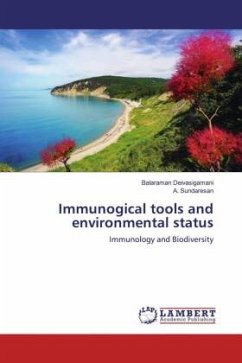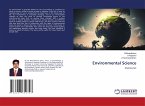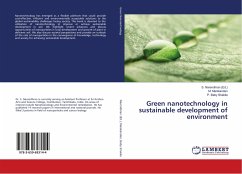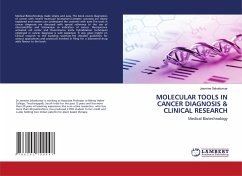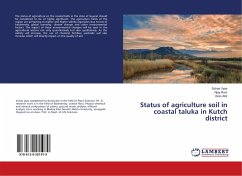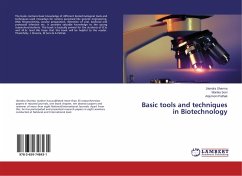The marine environmental disaster had caused serious loss for households providing fishery related services at the average of 215.8 million per household. Given very limited options to change to new livelihoods, local people mostly have very passive responses that cannot sustain for the long-term. Over time, with the in-kind and in-cash support from the government and improvement in water quality, the situation becomes better. After 33 months, the average income has reached to 87% of the previous amount and this case study provided important lessons for households and local government in terms of regular water monitoring and diversifying livelihoods activities to become less vulnerable to disasters. Biotechnological research and development are growing at a very fast rate. The biotechnology has assumed greatest importance in recent years in the development of fisheries, agriculture and human health. The science of biotechnology has endowed us with new tools and tremendous power to create novel genes and genotypes of plants, animals and fish. The application of biotechnology in the fisheries sector is a relatively recent practice.
Bitte wählen Sie Ihr Anliegen aus.
Rechnungen
Retourenschein anfordern
Bestellstatus
Storno

